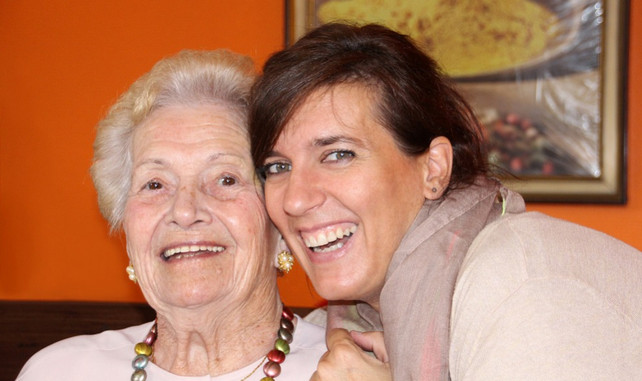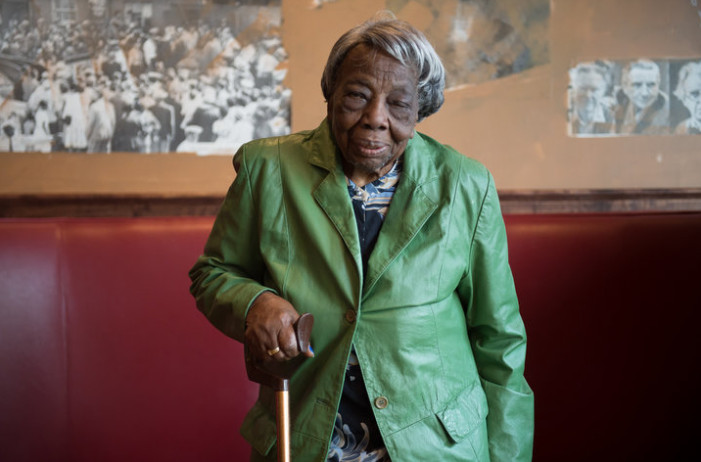Activities for assisted living residents are an integral part of every memory care home. Organized activities help the days go by quicker, and can help the elderly stay mentally and physically active. Caring for seniors with Alzheimer's and dementia differ from taking care of other elderly residents.
Your loved ones will have different levels of understanding, depending on the severity of the illness. You will also have to adjust to their temperament and still give them extra attention.
In this article, we will discuss how we provide activities for our residents at Applewood Our House, and we hope that this will also help those who are taking care of a loved one at home.
Activities for Assisted Living Residents at Applewood Our House
When you provide interesting and slightly challenging activities for assisted living residents, it helps to keep their minds and bodies active. That way, it is much easier for them to relax during the rest of the day, because they are less stressed. In addition, when you give seniors various tasks, you are allowing them to feel a sense of achievement.
We consider all of our activities a part of an ongoing therapy for all of our residents. Here are seven types of therapy that we use for our Alzheimer's and dementia residents at our facilities:
• Music Therapy - Music brightens up the lives of nearly everyone on our planet. We might all be different, but music is something that brings us all together. We learn from family members what music each resident likes to hear the most, or, we ask our residents. Then, we try to set up time each day where they can hear their favorite songs.
• Plant Therapy - This is one of the activities for assisted living residents that most have practiced at one time during their lives. It gives them a chance to get in touch with nature, feeling the earth, while it provides some physical labor, and tests their motor skills. It also allows seniors to get some needed sunshine and work together.
• Animal Therapy - Pets are adorable. Many residents have had pets during their lifetime. They understand that pets were always there for them. Animals have a way of attaching themselves to people and people love animals, too. Although, our residents can no longer have pets of their own, we like to bring in puppies and other pets for them to hold and enjoy.
• Children Therapy - We always encourage family members to bring younger family members to see their loved ones, too. We often forget the elderly love kids. Just because they might have physical or mental disabilities, doesn't change that they still want to see kids, and they love it when the little ones give them a kiss or a hug. Those are moments that make life worth living, even when their health is declining.
• Baking Therapy - Seniors don't mind getting their hands dirty, especially when it is in a bowl of their favorite cake or muffin mix. Cakes, cupcakes, and muffins are easy to prepare, and it is another way to stimulate the residents' brains. They enjoy preparing, and of course, in tasting the product.
• Matching and Sorting Therapy - It's a great way to test and stimulate mental skills by using various items. Items are placed on a table and residents are asked to sort or match them by colors, or certain shapes, or sort them out by the same types.
• Grooming Therapy - Seniors like to groom themselves. The problem is that these tasks can become difficult with assisted living residents. Women, love to put on makeup, comb their hair, and paint their nails.
Our staff is always there to help. Even when some residents cannot do these tasks, they are happy when we can help them. These are suitable times to sit and chat with the residents while helping them with their appearance.
Activities for Assisted Living Residents- Conclusion
Applewood Our House works to bring out the full potential in each of our residents for as long as they are here. They are all part of our growing family. When you stop by for a visit and watch some of the activities for our residents, it is sometimes difficult to distinguish between our older staff and volunteers, and our residents. That's because sometimes, when our residents get involved, it is easy to forget that many of them have various stages of Alzheimer's disease or dementia.
See what is happening at Applewood Our House today!
















































